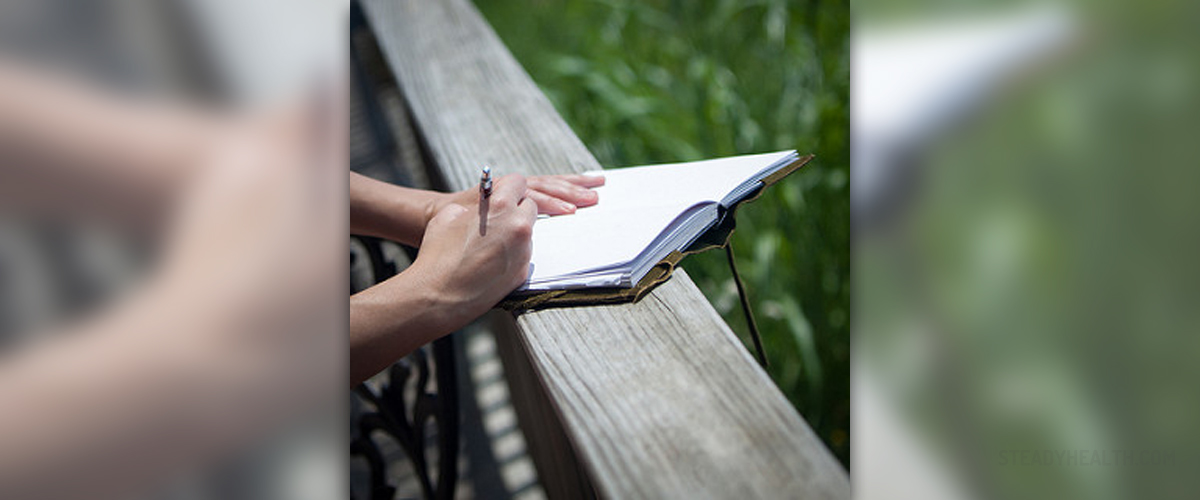
Many couples take a while to conceive. It is not unusual for couples to take a year or even two to get pregnant, and this does not necessarily mean you have any kind of fertility problem. Before you seek medical help or evaluations, ask yourself what you know about your cycle. Have you been using ovulation tests? Do you know that you are actually ovulating? If so, have you been timing your intercourse around the time of ovulation? Your health and lifestyle can also affect fertility greatly. Could you improve your diet in any way? Have you eliminated smoking and drinking? How about your partner?
You might like to read more about herbs to increase fertility before going the medical route, but sometimes even simpler lifestyle choices could do the trick. If you have done all this, and still are not getting pregnant, experts advise making an appointment with a fertility specialist if you did not conceive after a year, for couples under 35, or six months for couples 35 and older. Your doctor will start by asking questions about your cycle and how long you have been trying for a baby. It will be of great help if you keep a fertility journal in which you note down key things like the date of ovulation, menstruation, and when you had intercourse.















Your thoughts on this
Loading...